
product
-
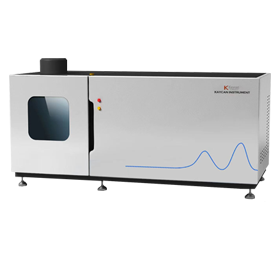
-
KN-5185 ICP for used Lube Oils
22 elements in used lubricating oils and in base oils, and it provides rapid screening of used oils for indications of wear. Test times approximate a few minutes per test specimen, and detectability for most elements is in the low mg/kg range. In addition, this test method covers a wide variety of metals in virgin and re-refined base oils. Twenty-two elements can be determined rapidly, with test times approximating several minutes per test specimen.Read
more >
-
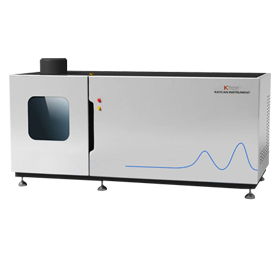
-
KN-4951 ICP for Unused Lube Oils
Additive packages are blends of individual additives, which can act as detergents, antioxidants, antiwear agents, and so forth. Many additives contain one or more elements covered by this test method. Additive package specifications are based, in part, on elemental composition. Lubricating oils are typically blends of additive packages, and their specifications are also determined, in part, by elemental composition. This test method can be used to determine if additive packages and
unused lubricRead
more >
-
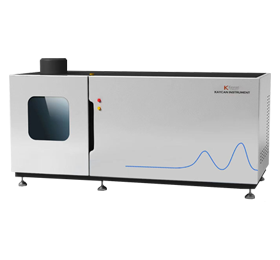
-
KN-7111 ICP for Middle Distillate Fuels
Trace elemental analysis is used to indicate the level of contamination of middle distillate fuels. Trace metals in turbine fuels can cause corrosion and deposition on turbine components at elevated temperatures. Some diesel fuels have specification limit requirements for trace metals to guard against engine deposits.Read
more >
-
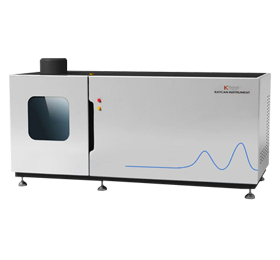
-
KN-5708 ICP for Crude Oils and Residual Fuels
When fuels are combusted, vanadium present in the fuel can form corrosive compounds. The value of crude oils can be determined, in part, by the concentrations of nickel, vanadium, and iron. Nickel and vanadium, present at trace levels in petroleum fractions, can deactivate catalysts during processing. These test methods provide a means of determining the concentrations of nickel, vanadium, and iron.Read
more >
-
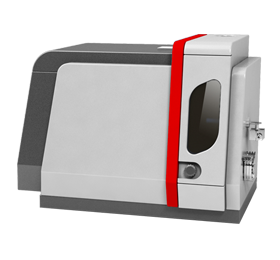
-
KN-14538 ICP for Biodiesel(B100)
Biodiesel, defined as a mixture of mono-alkyl esters, is produced from a wide range of vegetable oils and animal fats more commonly by a lipid transesterification process [1-3]. Biodiesel can be substituted for petroleum-based diesel fuel (petrodiesel) in virtually any standard unmodified diesel engine [4, 5]. Pure biodiesel or biodiesel blended with petroleum diesel can be used to fuel diesel vehicles, providing energy security and emissions and safety benefitsRead
more >






